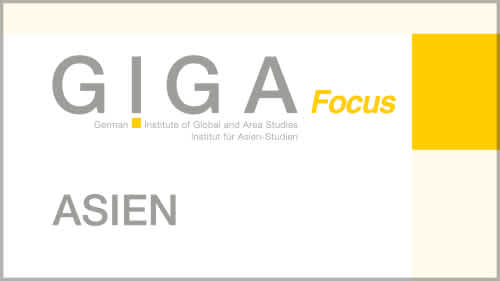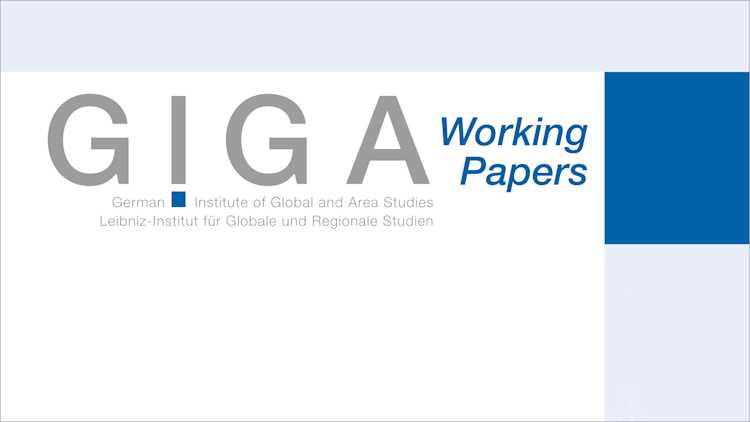- Home
- Publications
- GIGA Focus
- Collective Self-Blockade? Why the UN Climate Conference in Paris Could Fail
GIGA Focus International Edition English
Collective Self-Blockade? Why the UN Climate Conference in Paris Could Fail
Number 4 | 2015 | ISSN: 2196-3940
On 19 and 20 April 2015, the Major Economies Forum on Energy and Climate took place in Washington, DC. Industrialised countries and emerging economies are meeting in multiple forums this year to explore their positions in advance of the UN Climate Change Conference in Paris in December.
Analysis
The preparations for an effective global climate change agreement at the UN Climate Change Conference in Paris in December 2015 are proving to be difficult. While the BRICS states, the United States, and the EU are verbally proclaiming their commitment, they often impede themselves as a group due to national interests. Against this backdrop, it is necessary to consider alternatives to a global but weak climate change agreement.
Of the key countries and groups, only the EU, the United States, and Russia have submitted their intended nationally determined contributions to climate protection to the United Nations. The political approach taken by the emerging economies is being influenced by international expectations and national constellations.
Due to their internal preferences, neither the United States nor China are interested in a strong, obligatory climate agreement at the global level. This makes a global consensus unlikely. Bilateral, public–private, and market-based solutions are easier to implement politically than a new global agreement.
The renewed failure to reach a global climate agreement could lead to other options for action. Repeated and complicated negotiations at the global level will certainly not bring about the changes necessary to reach the 2°C goal on time.
Three scenarios for the future are possible: The chaotic and multi-stakeholder international politics of climate change will continue. Climate clubs made up of key emitters will become trailblazers and will impose sanctions on non-members. A citizens’ climate politics in the sense of the “Copenhagen Theory of Change” will supplement or replace the great transformation from above.
The EU and Germany could use meetings such as the G7 or the Major Economies Forum to discuss the potential of climate clubs and could set the latter in motion should the UN Climate Conference in Paris fail.
Footnotes
Regional Institutes
Research Programmes
How to cite this article
Betz, Joachim, and Babette Never (2015), Collective Self-Blockade? Why the UN Climate Conference in Paris Could Fail, GIGA Focus International Edition English, 4, Hamburg: German Institute for Global and Area Studies (GIGA), http://nbn-resolving.de/urn:nbn:de:0168-ssoar-437203
Imprint
The GIGA Focus is an Open Access publication and can be read on the Internet and downloaded free of charge at www.giga-hamburg.de/en/publications/giga-focus. According to the conditions of the Creative-Commons license Attribution-No Derivative Works 3.0, this publication may be freely duplicated, circulated, and made accessible to the public. The particular conditions include the correct indication of the initial publication as GIGA Focus and no changes in or abbreviation of texts.
The German Institute for Global and Area Studies (GIGA) – Leibniz-Institut für Globale und Regionale Studien in Hamburg publishes the Focus series on Africa, Asia, Latin America, the Middle East and global issues. The GIGA Focus is edited and published by the GIGA. The views and opinions expressed are solely those of the authors and do not necessarily reflect those of the institute. Authors alone are responsible for the content of their articles. GIGA and the authors cannot be held liable for any errors and omissions, or for any consequences arising from the use of the information provided.






